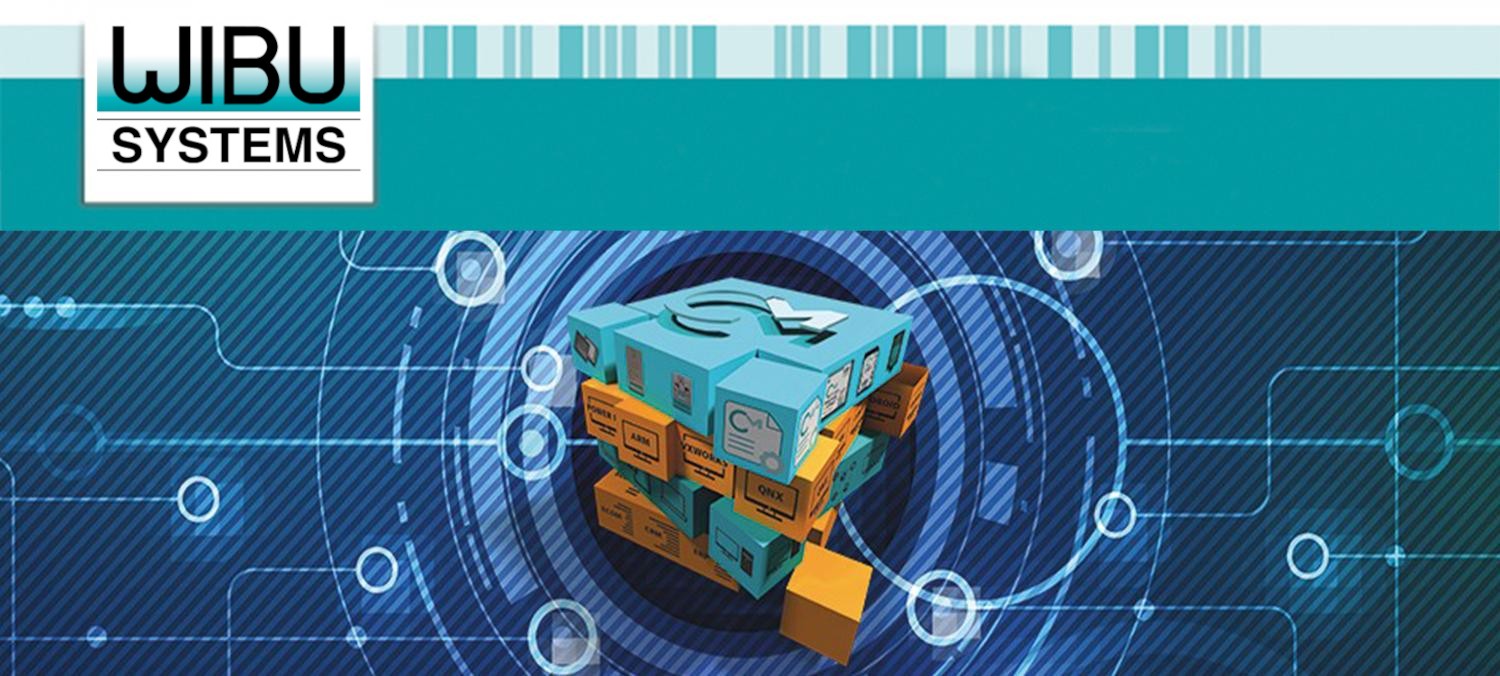License Borrowing in the Cloud – As Clear as Ever

License borrowing emerged as an on-premise licensing solution around the turn of the century, enabling organizations to manage license allocation more efficiently as long as users were connected to the network license server. As the workforce became more mobile in the ensuing years, the need to access software while working remotely became a necessity.
Some of the most common scenarios where license borrowing is applicable include:
- Remote Work or Travel: Employees who use licensed software may need to work remotely from locations where they don’t have access to the company’s network or license server (e.g., during business trips, working from home, or when traveling).
- Field Work: Professionals who use specialized software in the field where there is no Internet connection or access to the license server (e.g., construction sites, remote research projects, or rural areas).
- Unreliable Network Connectivity: In areas with poor or intermittent Internet connections, where users may frequently lose access to the license server, disrupting their workflow.
- Extended Offline Projects: Projects that require prolonged periods of offline work, such as when users are in secure or isolated environments.
In these cases, license borrowing allows workers to borrow a license from the server for offline use for a predefined period. After the borrowing period has ended, the borrowed license is again available for use from the license server.
Today, cloud licensing is becoming the standard for many companies, allowing software vendors to efficiently create, manage, and distribute licenses flexibly. With cloud licensing, licenses are stored on highly secure and redundant servers, making them accessible from anywhere, given authorization rules are set by the software vendor. This allows companies to benefit from a simple and scalable solution when purchasing software, while employees, as end users, gain the flexibility to use licenses regardless of location. Especially in environments where employees work remotely or need to access different devices, cloud-based licensing significantly simplifies daily operations. New licenses can be easily added, removed, or transferred without requiring extensive installation processes – a clear advantage for end customers who need scalable and efficient solutions.
Cloud licenses are typically managed in real time, meaning that users authenticate and check out licenses on demand, as long as they are connected to the Internet. The license status is verified by the cloud provider, and no local server is required.
Modern software licensing systems, like Wibu-Systems’ CodeMeter licensing and protection solution, offer the license borrowing feature, allowing users to temporarily transfer a license from one container to another, given the particular application. With CodeMeter, software vendors have been able to permit license borrowing between CmDongles and CmActContainers, hardware and software-based license containers, respectively.
Cloud licenses generally assume that the user will have continuous access to the Internet to check in and validate the license. But what happens in cloud licensing scenarios when there is no reliable Internet connection available? This is where a modern, flexible, and scalable licensing system like CodeMeter comes into play and enables license borrowing even in cloud licensing environments.
A typical use case for CodeMeter‘s Borrowing feature in the cloud is in industrial environments where technicians often need to work without a consistently available and stable network connection. A service technician visiting a factory for maintenance can load the license from the CodeMeter Cloud (CmCloud) onto their device in advance. This allows the necessary software to be used without interruption, even if there is no Internet connection throughout the entire job.
A similar scenario involves maintenance teams at offshore wind farms, which typically lack network coverage. Here, the Borrowing feature allows technicians to transfer licenses to their devices in advance, enabling them to use the necessary software offline for the duration of their work. With the Borrowing capability, the required software remains reliably available throughout the entire operation. After the borrowing period ends, the license is automatically returned to the CmCloud without any additional administrative effort, even if the computer remains offline. This flexibility ensures uninterrupted work even under the most challenging conditions.
How easy is it to implement license borrowing in the cloud? Request a demo today and discover how this solution can complement your workflows.




